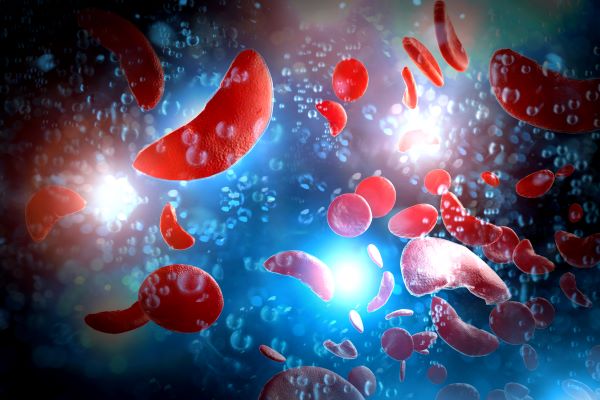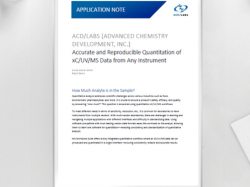FDA approves first cell-based gene therapies for sickle cell disease
Posted: 12 December 2023 | Caroline Peachey (European Pharmaceutical Review) | No comments yet
The US FDA has approved Vertex’s Casgevy and bluebird bio’s Lyfgenia, for one-time treatment of sickle cell disease in patients 12 years and older.


The US Food and Drug Administration (FDA) has approved two landmark cell-based gene therapies for treatment of inherited blood disorder sickle cell disease.
Casgevy (exagamglogene autotemcel) a cell-based gene therapy, is approved for the treatment of sickle cell disease in patients 12 years of age and older with recurrent vaso-occlusive crises (VOCs). Developed by Vertex Pharmaceuticals and CRISPR Therapeutics, Casgevy is the first FDA-approved therapy to use CRISPR/Cas9 genome editing technology.
Additionally, bluebird bio’s Lyfgenia (lovotibeglogene autotemcel), which uses a lentiviral vector for genetic modification, is now approved for treatment of patients 12 years and older with SCD and a history of vaso-occlusive events (VOEs).
“These approvals represent an important medical advance with the use of innovative cell-based gene therapies to target potentially devastating diseases and improve public health,” declared Peter Marks, Director of the FDA’s Center for Biologics Evaluation and Research (CEBR).
How the gene-editing therapies work
Both gene therapies are made from the patients’ own blood stem cells, which are modified, and are given back as part of a haematopoietic stem cell transplant
Both gene therapies are made from the patients’ own blood stem cells, which are modified, and are given back as a one-time, single-dose infusion as part of a haematopoietic stem cell transplant.
With Casgevy, the patients’ own CD34+ cells are modified to reduce BCL11A expression in erythroid lineage cells. The modified blood stem cells are transplanted back into the patient where they engraft within the bone marrow and increase the production of foetal haemoglobin (HbF), a type of haemoglobin that facilitates oxygen delivery. In patients with sickle cell disease, increased levels of HbF prevent the sickling of red blood cells.
“Lyfgenia works by permanently adding a functional β-globin gene to patients’ own haematopoietic stem cells,” bluebird bio explained. “Durable production of adult haemoglobin with anti-sickling properties (HbAT87Q) is expected following successful engraftment.”
Clinical trials data for Casgevy and Lyfgenia
Both approvals followed rigorous evaluations of the scientific and clinical data. Additionally, patients who received Casgevy or Lyfgenia will be followed in a long-term study to evaluate each product’s safety and effectiveness.
Safety and effectiveness of Casgevy were evaluated in an ongoing single-arm, multi-centre trial in adult and adolescent patients with SCD. The primary efficacy outcome was freedom from severe VOC episodes for at least 12 consecutive months during the 24-month follow-up period. This outcome was achieved by 93.5 percent of patients with sufficient follow-up time.
The safety and effectiveness of Lyfgenia is based on the analysis of data from a single-arm, 24-month multi-centre study in patients with sickle cell disease and history of VOEs between the ages of 12- and 50- years old. Effectiveness was evaluated based on complete resolution of VOEs (VOE-CR) between 6 and 18 months after infusion with Lyfgenia. Twenty-eight (88 percent) of 32 patients achieved VOE-CR during this time period, FDA reported.
In November, Casgevy was authorised by the UK Medicines and Healthcare products Regulatory Agency (MHRA), becoming the first CRISPR-based gene-editing therapy for certain patients 12 years old and over with sickle-cell disease and transfusion-dependent β-thalassemia. The treatment is currently under review by the European Medicines Agency and the Saudi Food and Drug Agency for both SCD and TDT.
Related topics
Biopharmaceuticals, Clinical Trials, Drug Development, Drug Safety, Gene therapy, Regulation & Legislation, Research & Development (R&D)
Related organisations
Bluebird bio, CRISPR Therapeutics, Medicine and Healthcare products Regulatory Agency (MHRA), The US Food and Drug Administration (FDA), Vertex Pharmaceuticals









